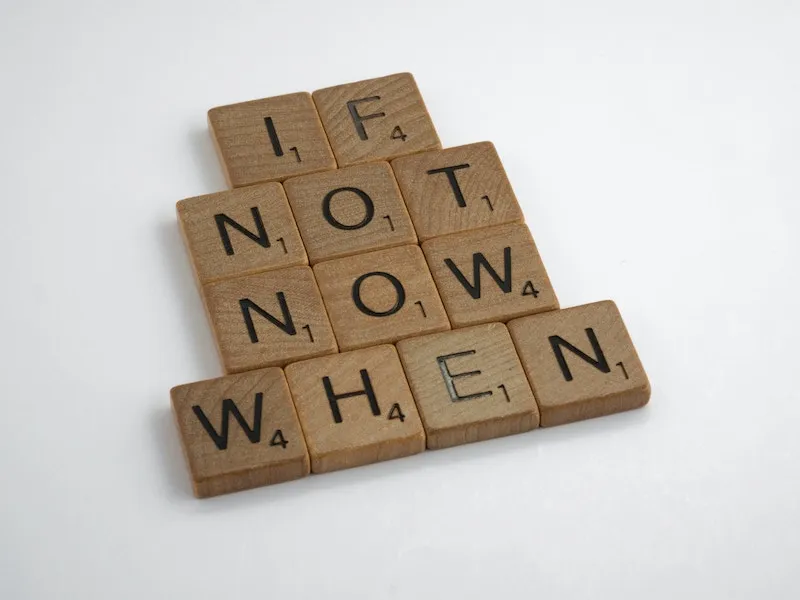When someone tells you something, do something

Fifteen years ago I saw the Al Gore film, An Inconvenient Truth. Driving home from the cinema that night, I passed a car with its headlights off – and flashed my headlights at them, using the local language for ‘you’ve forgotten to turn on your lights’.
What happened next is a metaphor for climate change denialism.
The driver didn’t turn on their headlights, didn’t pull over to investigate what may have been wrong, nor thanked me for alerting them to their oversight. They honked their horn at me.
And kept on driving in the dark.
Now, I don’t know about you, but if I’m provided with information about something that should inspire action, I’m grateful and try to immediately act on the new knowledge I have been given.
Reading Michael Dwyer’s interview with Neil deGrasse Tyson, I was reminded of my experience over a decade ago. As Dr Tyson said, ‘you shouldn’t have the thought that someone is stupid. Someone might not know. And not knowing is not the same as being stupid.’
However, the driver-in-the-dark’s action was a lot like the denial of climate change. To counter Dr Tyson’s advice, I quote South Park’s Mr Garrison: ‘Remember, there are no stupid questions, just stupid people.’
I don’t have anything against people driving at night with their headlights off: it’s an easy – albeit dangerous – mistake to make. But if they ignore a warning and keep driving, I’m inclined to judge them more harshly.
I’ve been surrounded for 25 years by scientists who have dedicated their lives to understanding how the climate is changing due to human activities. Like flashing my headlights at an unknowing driver, I draw on this knowledge to warn people about the urgent need for action. With most people I meet, once I provide information on how the planet is changing, they understand and may even act to change their behaviour to do something about the problem.
But every now and then, I speak to someone who doesn’t ‘believe’ (a.k.a. ‘understand’) the facts. Despite being furnished with information, they don’t believe it, and keep living the way they always have. They may even get angry.
Just like the driver who honked their horn at me when I warned them about their headlights being off.
Riffing on this theme, Age columnist Anson Cameron referred to clinging to erroneous beliefs as an explanation for climate deniers.‘Beliefs become essential pieces of our mental furniture, yet plenty of them are inherited, evidence-free, and laughably wrong.’
Referring to the provision of correct information, Cameron says, ‘In a rational society we would welcome these moments as enlightening. A revelation of error is a step towards truth. Discovering you’re wrong is a type of self-improvement, a deviation towards rightness, correctness, and wisdom.’
In the sequel to Al Gore’s first movie, appropriately called An Inconvenient Sequel, Gore asks ‘must we change, can we change, and will we change?’ He says we know global warming is happening because the hottest year on record now always seems to be the year that we’re currently in. But he said hope is coming. We generate 16 times more wind energy than was expected a decade ago; 75 times more solar energy. Gore is not just promoting the problem. He’s promoting the solution; he is promoting hope.
If someone tells you something, use the information. Change your mind. Join those who use their voices, votes and choices to do something about climate change – in short, don’t continue to drive around in the dark.
Author:
Date Posted:
August 15, 2023
